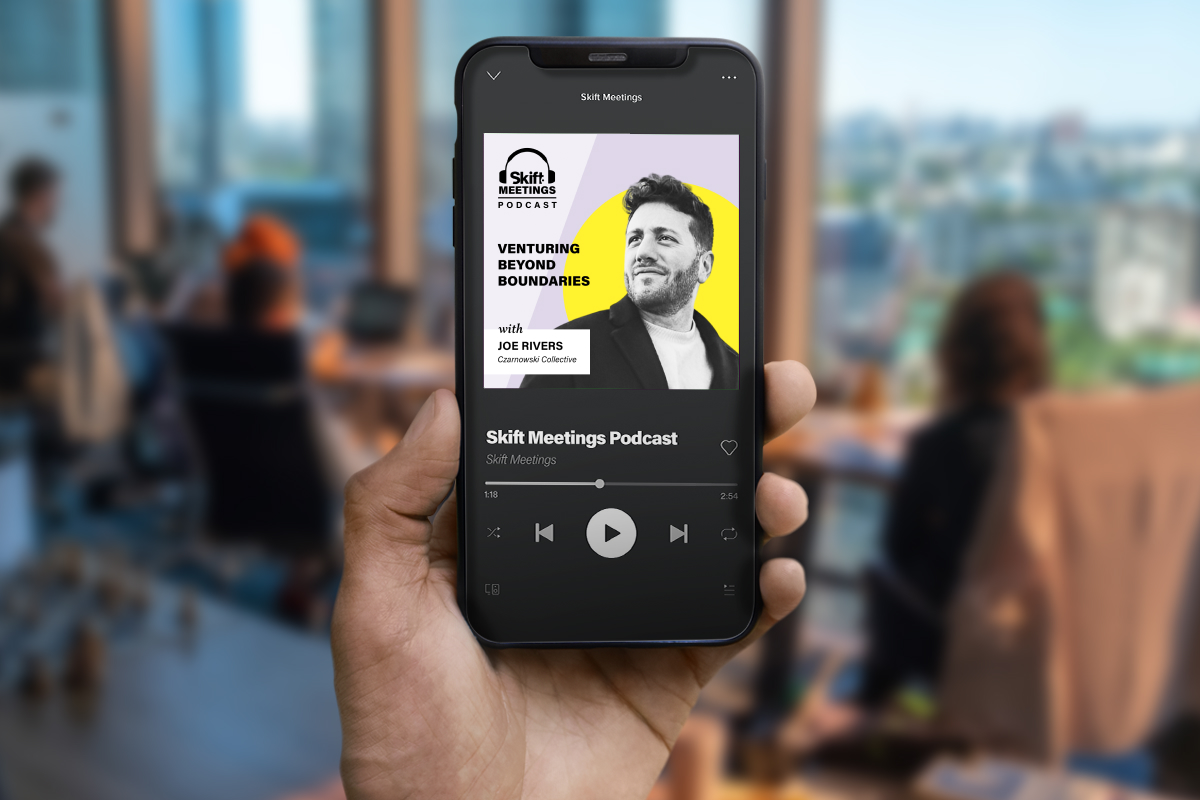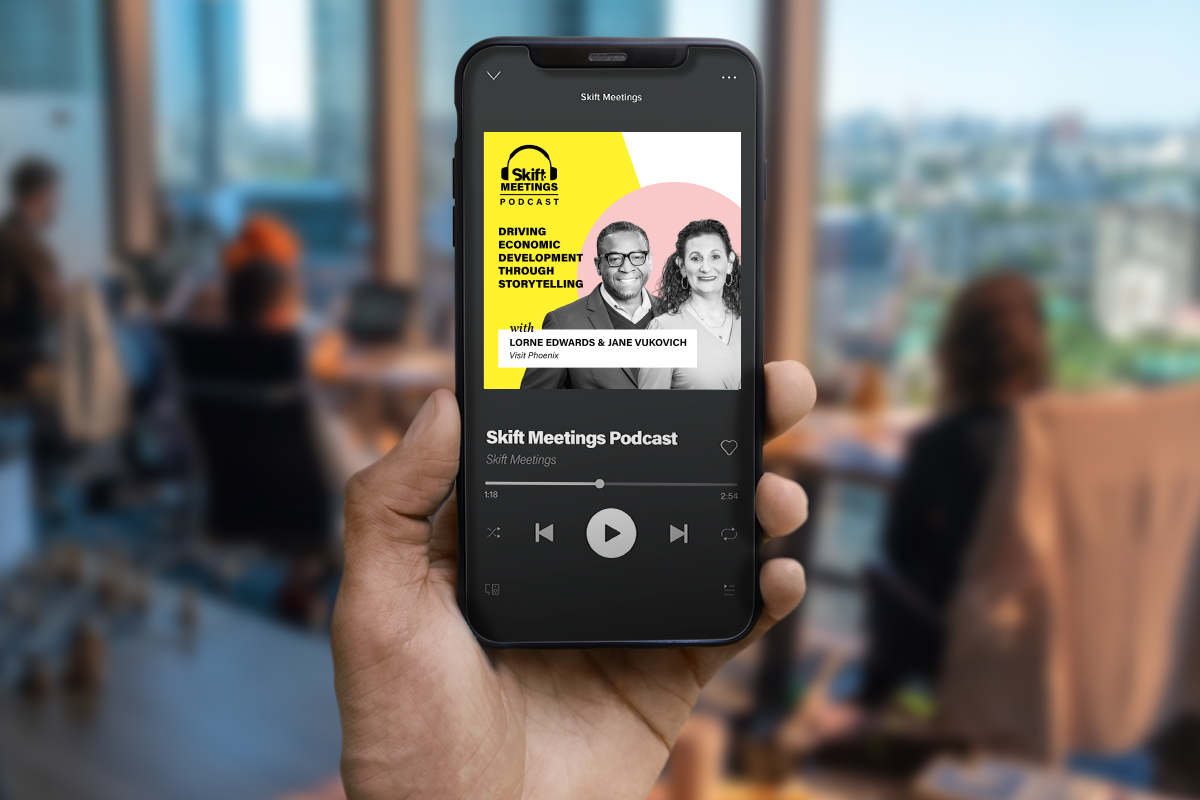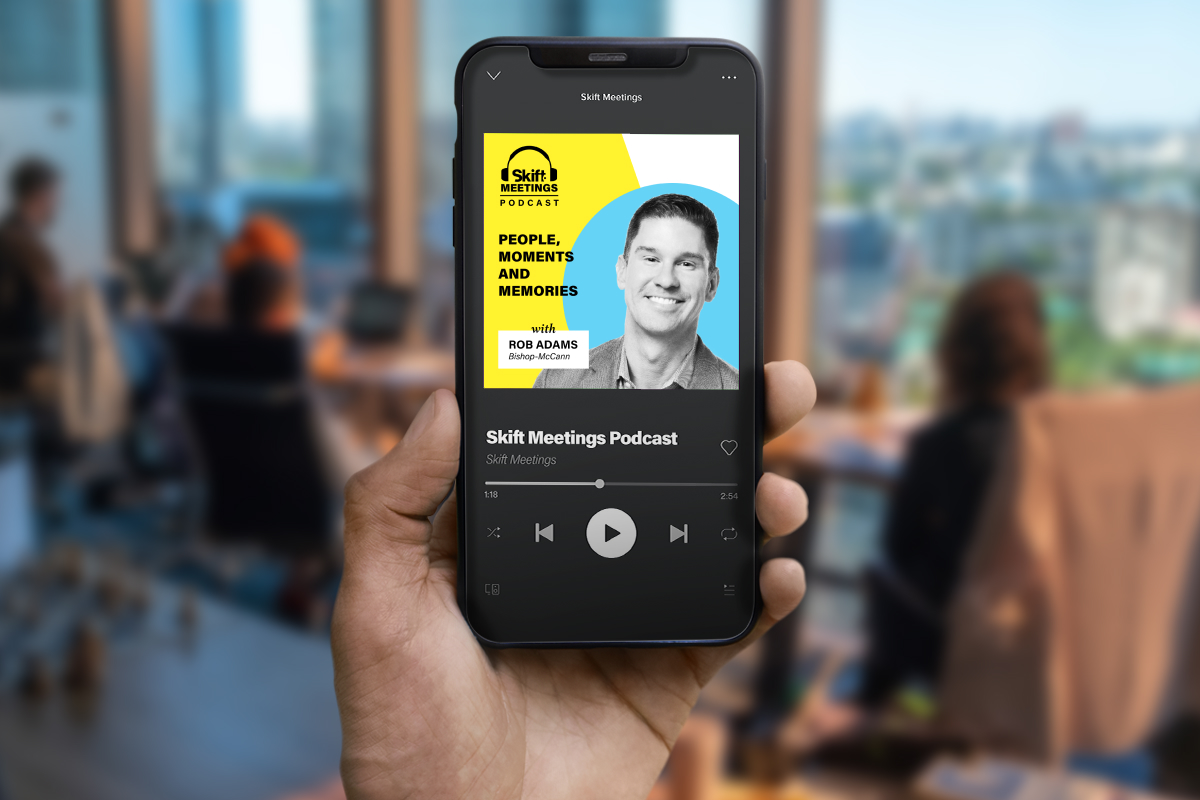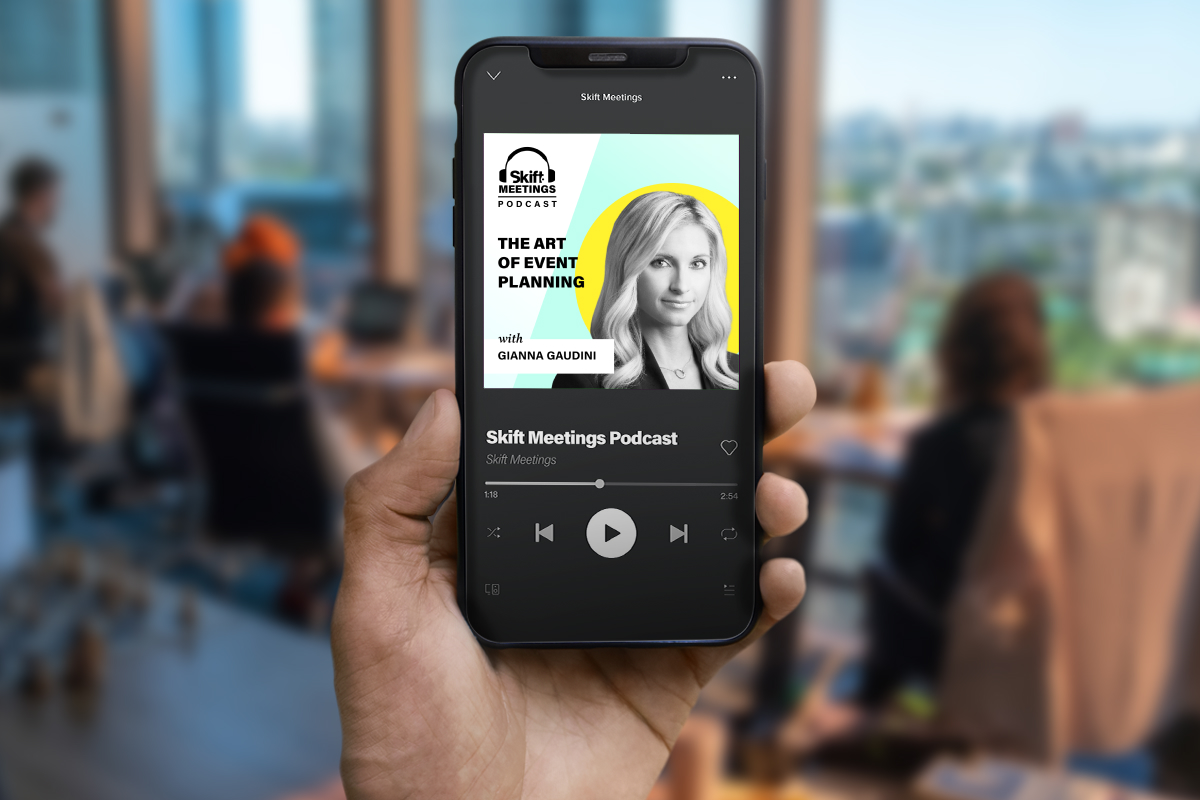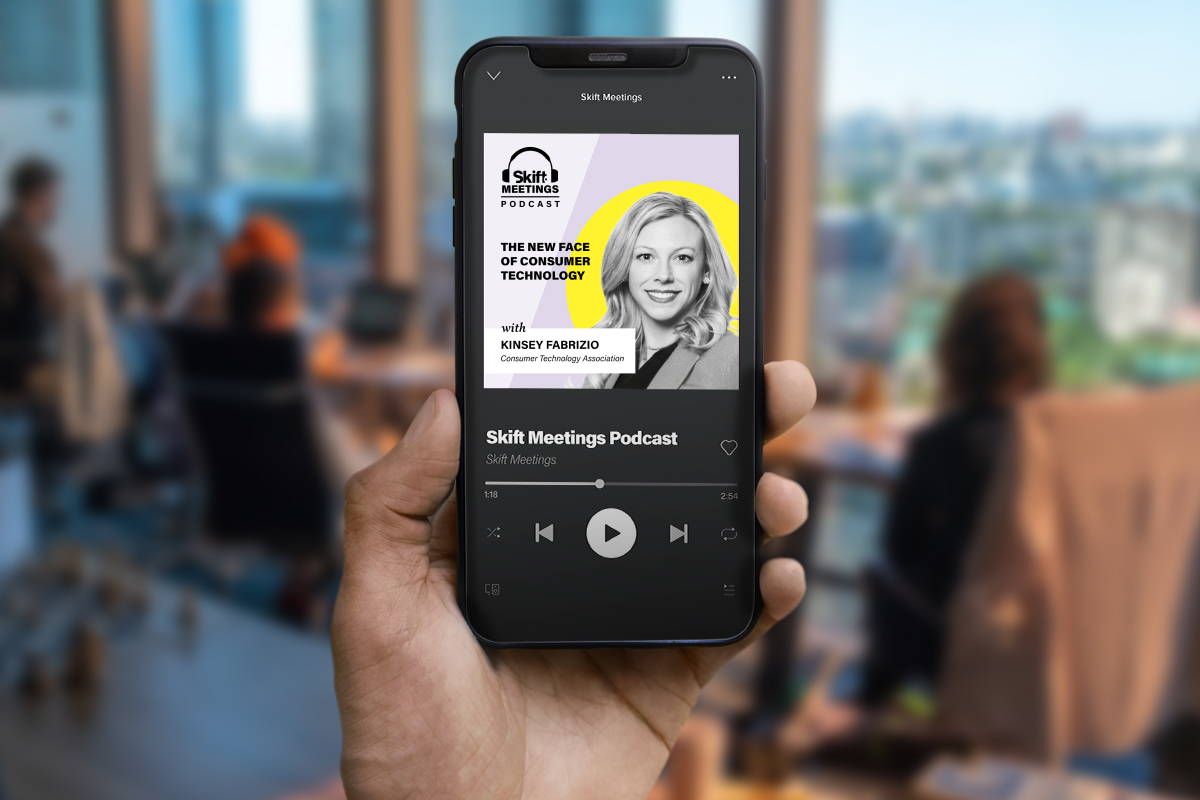Skift Take
In this episode of the Event Manager Podcast Megan Henshall, Global Events Strategic Solutions Lead at Google, joins to discuss inclusivity and the importance of belonging.
Megan began her career in sales, but noticed that this wasn’t her strength and that content development was something she excelled at instead. She moved through a variety of roles that focused on specific event projects, both within the financial sector and then within an agency. Whilst she no longer plans events the way she used to in her current role, she now leads the strategy and vision for a global team which focuses on events.
Subscribe to the Skift Meetings Podcast: Apple Podcasts | Spotify | Overcast | Pocket Casts | Google Podcasts | Amazon | RSS
Henshall explains the ways in which Google plans both internal and external events. Megan and her team focus on the events on the Google built and operated event spaces, Google Campuses, of which there are over 600 globally and vary in size. They produce over 100,000 per year, with the event schedule ranging from internal training to marketing and customer developer events. Henshall notes that there is also an event marketing team and an internal culture focused event team at Google, which Henshall’s team works with and for.
Like many companies, Google is now a more distributed team than it was pre-COVID, with Henshall noting that the company needs to explain the rationale behind asking Googlers to come to an on event campus and why it can only be facilitated in this way. Henshall also adds that people want to understand how they were considered when decisions were made as to whether an event was being held in-person, virtually or hybrid.
We always want to know what event professionals feel takes an event from simply good to great, with Henshall noting that Google has been working with the Experience Institute to get some data to attribute to this. The most frequent answer is ‘good people’ and ‘meaning’. By this, attendees and event professionals are looking for an environment where those also in attendance are good to spend time with and they have the opportunity to connect with, alongside content which matters, that attendees can connect with and find useful and a worthwhile investment of their time.
Henshall also explains why diversity is important to her and what her key message is around this topic, noting that representation and inclusion are key drivers in helping to achieve belonging. Henshall notes that through this work they identified the gap around neuro-inclusion for the neurodivergent community within events, something which is of personal importance to Henshall. Following this work and identification, Google and Henshall’s team created the Neu Project, an initiative to help event professionals create events that are accessible to, considerate of and inclusive for all neurotypes. Whilst the Neu Project specifically focuses on neurodiversity, Henshall believes that the way Google have approached this work could apply to any Diversity, Equity and Inclusion (DE&I) work.
When considering some of the biggest challenges facing the events industry at the moment, Henshall touches on the way we talk about success and how we are measuring this, noting that she believes return-on-investment (ROI) is broken. Henshall expands on this, explaining that as we’ve just discussed, people have evolved, therefore shouldn’t the way we measure what we are delivering them also evolve? She also notes one of the new tools Google is creating to measure this and delves into changing the narrative around success, ROI and data. In addition, Henshall also notes that the labor market is another challenge; attracting and retaining talent, and what she attributes this to, as well as how we inspire and encourage younger generations to become a part of the events industry.

